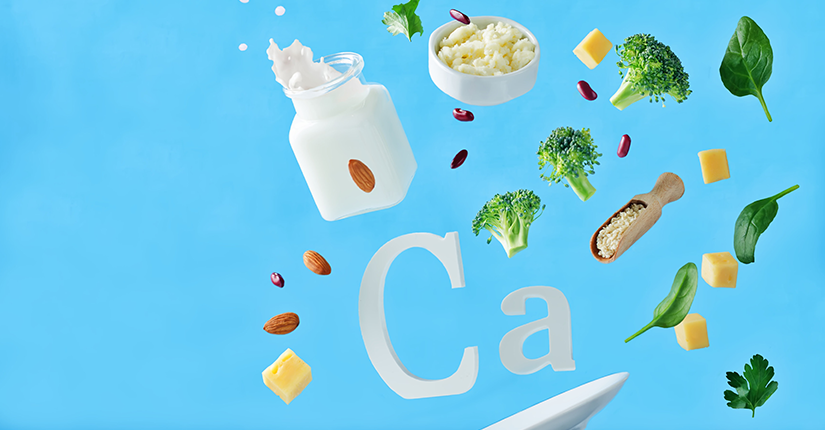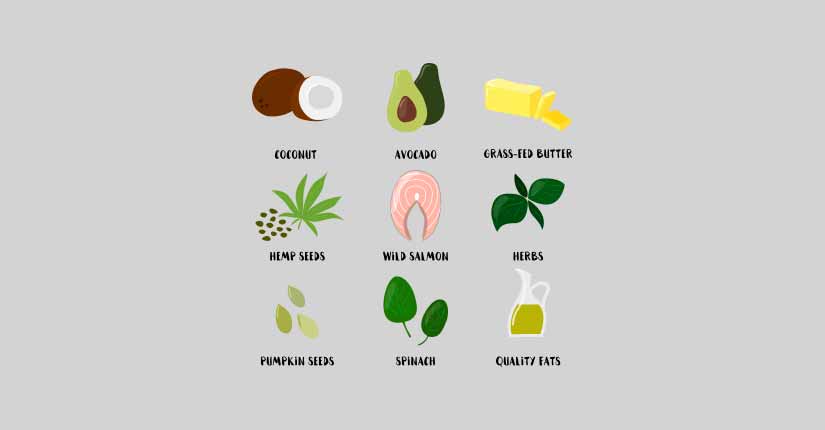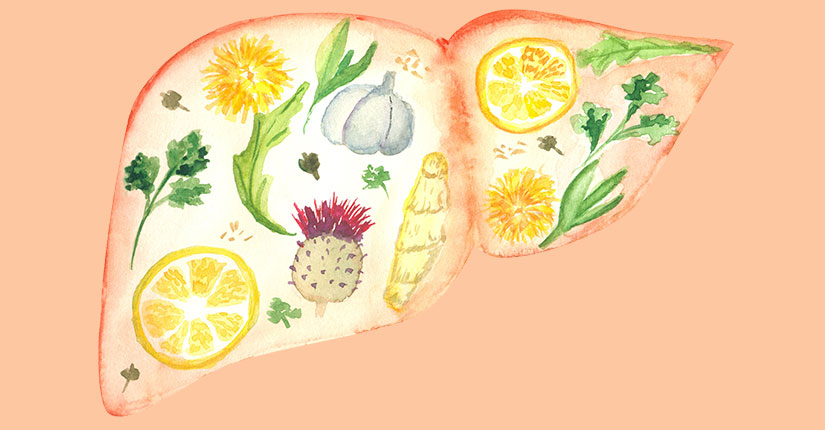This Yoga Day Make Changes to Adapt a Yogic Diet
By Nmami Agarwal 21-Jun 2020 Reading Time: 5 Mins

Every year, 21st June is observed as International Yoga Day. Yoga is a spiritual discipline that focuses on bringing peace, harmony, and tranquility to the mind and body. It is a well-known fact that yoga originated in ancient India thousands of years ago. The word yoga originated from the Sanskrit word Yuj which essentially means “to join” or “unite.” This union is between the mind and the body. Through yoga, you achieve individual consciousness which is then integrated with the universal consciousness.
During ancient times, people were deeply influenced by nature and their lives evolved with nature. These people gave importance to the relationship between the mind and the body. They believed that self-realization can be achieved through yoga. Yoga was also known to treat diseases, enhance physical functioning, and reduce stress. It can address the spiritual, mental, physical and emotional aspects of life.
So, why is yoga so important and why is it so stressed upon? There are several benefits of yoga that have been backed up by scientific studies.
Here are some ways in which yoga can ensure your overall well-being:
- Yoga reduces stress and promotes relaxation
- It improves heart health
- It can help you fight depression
- Reduces chronic pain
- Improves balance and flexibility
- Promotes the quality of life and sleep
- Ensures healthy lung function and improves breathing
This yoga day, along with incorporating yoga in your everyday schedule, try eating a yogic diet. A yogic diet consists of food items that are not only good for your body but also for your emotional and spiritual well-being. These are ayurvedic principles that aim to nourish your mind and body. The yogic diet is light and fulfilling. It is a sattvic diet which comes from the word sattva. It means purity and harmony. Sattvic food is a pure and ideal diet that promotes a healthy and peaceful state of mind. A sattvic diet contains fruits, vegetables, legumes, whole grains and bread, pure fruit juices, nuts, seeds, milk, butter, ghee, honey, and herb tea.
A yogic diet is a vegetarian diet. It contains no animal products except honey and dairy items. The idea is to not harm any animals and to adopt a vegetarian diet. Most people eat animals to get protein. Animal protein contains toxins and uric acid that can damage the body and making it prone to chronic diseases. Meat is a source of cholesterol which can lead to heart diseases and damaged arteries. Therefore, a yogic diet includes the right type of foods that are nutritious for the body.
Another essential aspect of a yogic diet is that the food should be free from chemicals. Alcohol, caffeine, tobacco and processed foods are off-limits if you follow the yogic diet. These foods have no nutritional value, disturbs your concentrating ability and can disrupt your yoga regime.
The diet should be followed at regular intervals. The body has its own cycle and this cycle can function better if your mealtimes are planned and scheduled. You should also keep in mind to avoid food two hours before sleep or exercise so that the bodygets enough time to digest the food. Fasting once every week is also recommended in the yogic diet.
Footnote
Yoga has been prevalent in our society since the ancient days. Our ancestors have thoroughly studied and applied the principles of Ayurveda in their lives to attain a healthy and peaceful life. Practice doing yoga for a healthy mind and body.





















